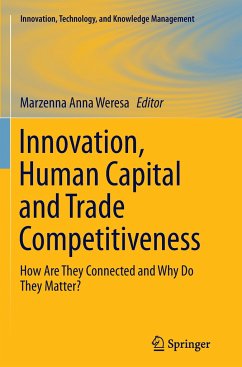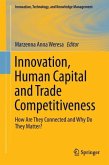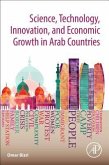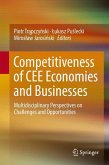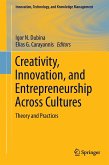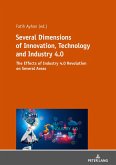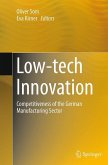This work focuses on researching and establishing the importance of human capital and innovation as determinants of competitive advantages in international trade-in the context of rapidly evolving technological advancement, globalization, and economic integration. The processes that accompany the shift from industrial economics to a knowledge-based economy are currently the object of interest of both scientists, politicians, investors and entrepreneurs. In many countries, the traditional sources of socioeconomic development, such as low labor costs, availability of inexpensive raw materials, and favorable geographic location are waning. These economies are searching for new sources of competitive advantage that will allow for maintaining growth, among other things by boosting participation in international trade.
The book explores non-traditional drivers of competitiveness in both theory and practice. First, chapters 1 through 4 present theoretical and methodological aspects of the relationships among international trade, human capital and innovation. Here the authors address the controversy associated with the concept of competitiveness itself and its measurement, while paying special attention to the political development of comparative advantages related to international trade. The second part of the monograph, chapters 5 through 8, is of empirical nature. This section contains case studies of selected countries that represent models of various national innovation systems. Finally, the theoretical and practical aspects are integrated, allowing policymakers and financial and business leaders to consider how their decisions can influence their countries' competitive positions through their investments in innovation and human capital.
The book explores non-traditional drivers of competitiveness in both theory and practice. First, chapters 1 through 4 present theoretical and methodological aspects of the relationships among international trade, human capital and innovation. Here the authors address the controversy associated with the concept of competitiveness itself and its measurement, while paying special attention to the political development of comparative advantages related to international trade. The second part of the monograph, chapters 5 through 8, is of empirical nature. This section contains case studies of selected countries that represent models of various national innovation systems. Finally, the theoretical and practical aspects are integrated, allowing policymakers and financial and business leaders to consider how their decisions can influence their countries' competitive positions through their investments in innovation and human capital.

